The Theology of my Toyota
July 27, 2016
“If theology can be used to oppress, murder, and brutalize women, black people, trans people, queer people, bisexual people, and people with disabilities; then why can’t theology be used to liberate us, dignify us, and renew us?”
This is a quote from Broderick Greer at a keynote speech at the Gay Christian Network Conference this year on January 7. I heard him speak it at the time but it feels like it was much farther back than a few months ago. Perhaps because the searing question intruded into my brain like a guest but has since taken up residence, so that it feels like I’ve carried it with me forever.
If theology has hurt, then can it heal?
If theology has neglected, can it reveal?
If theology brutalizes, can it liberate?
These are the inquiries that travel to and fro on the scale where my faith teeters, the weight threatens to take any remnant of a dying faith sliding off the platform, but just at the brink, they’ll dance their way to the other side catapulting it back up with hope.
If toxic theology has infiltrated one’s spirits, can our souls be revived by a better theology?
If the certainty of fundamentalism has killed imagination and inspiration, can the Holy Creative Spirit bring back the spark?
If theology murders trans people, can it dignify trans persons?
I learned to drive in my hometown, Kaohsiung Taiwan. Here, by far the most common mode of transportation is motor scooters. These nimble machines are the perfect vehicle in a city where everything one needs can generally be reached within a radius of a few blocks, and parking is a cinch. However, as you might imagine, they aren’t the safest way to travel.
Having spent four years in college in the United States, I had mere months of experience driving in Taiwan shortly after I returned home. One afternoon, I was parked on the side of the road and made the devastating mistake of not turning around to check behind me for speeding scooters zipping alongside my car and pulled out as one made immediate impact on the left front end of my car. The victim of this accident I had caused was wearing a construction helmet but it was not strapped on – a common tactic used by riders to trick the helmet police. I shakily stepped out of my car only to see the man had been easily tossed off of his scooter, his unstrapped helmet sits cruelly a few feet away, as he lay on the ground bleeding from his head. We rushed him to the hospital where he got stitches and was okay, but almost twenty years later, I have never again pulled out my car without checking for scooters. As is often the case, we have to learn the hard way. And for an empath like me, causing someone else pain was probably a more effective lesson had I been hurt myself.

Till this day I have a healthy dose of fear as I navigate the streets in my car. I understand the capacity for much destruction as I move about in a machine weighing tons. I am especially careful of the most vulnerable riders on scooters as they weave in between my car and the next, holding traffic laws loosely as you can when you have the mobility of a small but scrappy ride. Becoming aware of the power of devastation is the foundation upon which I learned to become a responsible driver.
Back to Broderick’s question: can theology be used to liberate, dignify, and renew us? I believe it can, but first we have to understand its capacity to kill and brutalize. This is where I feel like the average Christian in the pews fail to grasp when they don’t believe the stories of those who have been devastated by Christianity. When you love God, you can’t imagine those who speak of God can possibly be agents of a great deal of pain. Not every Christian is a theologian (thank God), but everyone perpetuates a theology inherited through their parents’ faith, preaching from the pulpit, popular Christian books, celebrities, and subculture. In that sense, we are all driving cars, and there are casualties left bleeding on the side of the road that we cannot ignore.
Be thoughtful. Pause. Turn around and double check. Track the movements of those who are vulnerable and be aware of the power and privileges that enable you to cause pain, suffering, and death. Although the car can cause terrible accidents, it can also move us forward, taking us where we want to go.
If theology can be used to brutalize, why can’t it be used to liberate? Yes, I believe it can. It can, it can, it can. Theology can and has borne beautiful fruit. Our human enterprise of making sense of God and our spirituality is meant to move us into wholeness.
But we have to watch where we’re going.

